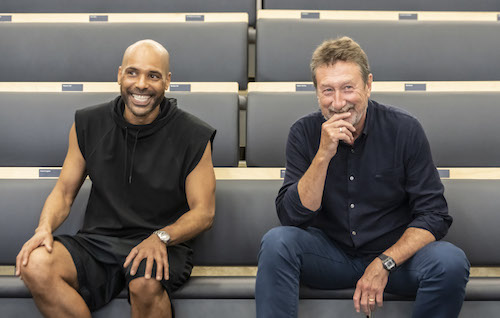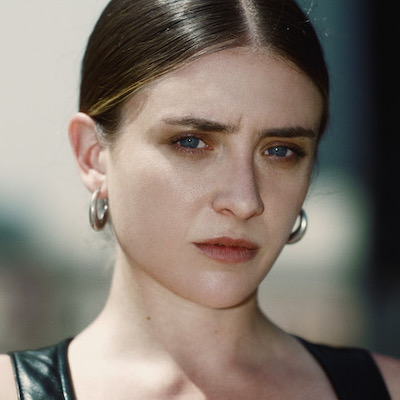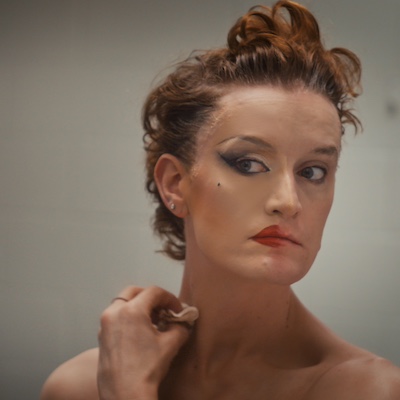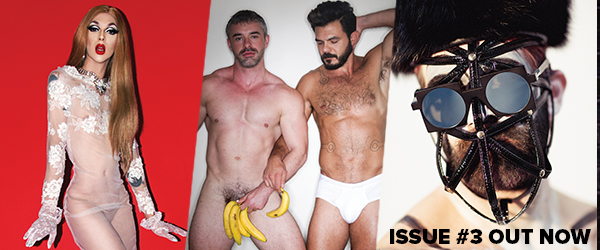
Peaky Blinders first burst on to our screens in 2013, mixing family drama and period politics with bloody stabbings, gruesome fights and people generally meeting their untimely end. Understandably the show has been an international success with a diehard fanbase and picking up tonnes of awards. The show ended this year after its sixth season, with plans for a motion picture announced not long after – one venture the creators may not have predicted nine years ago was dance production Peaky Blinders: The Redemption of Thomas Shelby which debuts tonight!
Written by Peaky Blinders creator Steven Knight in collaboration with Rambert’s Artistic Director, Benoit Swan Pouffer who has both choreographed and directed the show which begins its nationwide tour at Birmingham Hippodrome. Giving you a West Side Story ‘oop North’, this show looks to combine the grit of one of the UK’s biggest exports with the contemporary choreography from the Artistic Director of one of the country’s most prestigious Dance companies. To celebrate this new adaptation, Benoit spoke with Loverboy about Rambert, representation and…the Redemption of Thomas Shelby.
First things first, Benoit. We read one interview with you where the journalist was gagged by your outfit. So we need to know, what ensemblé are you wearing today for our interview?
That is quite flattering! Today I’m at the theatre pulling long days in Birmingham so I’ve got a combo of staples from Ami and my new favourite t-shirt from Mareunrol’s.
Congratulations on this new production. You’ve spoken before about dance needing to be accessible and for everyone. How does this idea play into this show?
Peaky Blinders is such a big tv show and resonates with such a wide audience – and that includes an audience that might not have considered something like contemporary dance. Likewise, dance is expected to be a certain way and fit a certain box. For me, combining these two ideas widens the audience – we have a clear narrative, familiar characters but all through the lens of high-quality dance, choreography, and theatre.
Bearing in mind the period, the class of the characters, etc what important things did you focus on when writing the choreography for each character?
Steven Knight’s characters are so richly crafted and timeless, which gives a solid platform to create from. For me, it’s about capturing the feeling of these characters, reimagining them in a physical way that uses movement to show us who they are inside. Movement is a universal language, so it can be understood by anyone no matter where they come from. Growing up in France is nothing like growing up Birmingham a hundred years ago – but it doesn’t mean I don’t connect with some of the themes and challenges they felt. It’s finding that common humanity that was important to me.
Were you already watching Peaky Blinders when the opportunity arose? Or did you binge-watch everything?
It’s well known internationally so I had dabbled, but when we started talking about the possibilities of an adaption I dove right in and binge watched the whole thing.
This is the Rambert’s first branded show and I believe one of the first narrative shows. Why now? Why Peaky Blinders?
It’s not exactly our first, but it’s certainly our most ambitious. I’m naturally a storyteller, so this project really fits my way of creating and honestly, I’m so honoured to have had the opportunity. It’s also an important time for the arts right now in bringing people back to the theatres after the challenges of the last few years. Being part of the Peaky Blinders brand is a once in lifetime opportunity and I can’t wait to share what we’ve created with everyone.
The TV show and the period it was set seemed to have relatively few opportunities for contributions from people of colour. But this production featuring work from yourself, Benjamin Zephaniah, Laura Mvula, Roman GianArthur and the cast feels like a really great way of opening things up. I wondered what your thoughts were on this?
This is something that has always been important to me, especially when adapting a period piece in such a specific era. Steven gave us the freedom to build on his work, adapt it, and in the process bring new voices. Voices which weren’t heard back then, and which are still finding a way to be heard today. And this is not only for people of colour, but for the queer community – both are part of who I am, and I wanted to stitch that into the narrative, to enhance it and build in the joy and texture both those communities hold. It’s essential to me that many different people can see themselves on stage.
 Peaky Blinders: The Redemption of Thomas Shelby’s Benoit Swan Pouffer & Steven Knight
Peaky Blinders: The Redemption of Thomas Shelby’s Benoit Swan Pouffer & Steven Knight
In just a few years the Rambert will be celebrating its centenary! How will you be celebrating?
That’s the best part about Rambert – It’s unpredictable and I love it. We do like to think differently. We have got some great plans and we’re sure to be celebrating – but for now the entire team is focused on anything and everything Peaky Blinders!
Thinking back to when the Rambert began, views on homosexuality were very different. I wondered if you had heard any stories about people within the company from that time who were gay, what their daily lives were like and how the Rambert dealt with this issue?
This is an interesting question, and I think shows how history writes out stories like this. I’m grateful for the change we’ve seen across the 100 years of the company, but I think there is always room for more. We have an excellent archive that holds the rich company history, including works from the iconic Lindsay Kemp, but I wish I knew more of the untold stories and the challenges of being gay or queer in the early, mid – even late 20th century. I have my own experience in the 80’s and 90’s living through the AIDS epidemic, I’ve seen people suffer and be ignored and it isn’t something new for our community. My hope is to always believe it can better and take action towards change.
From your time in Paris and New York, I wondered if you had spent time at the Vogue Balls there at all? What your experiences were and what you made of the scene’s resurgence? I went to The Olympics Ball in the suburbs of Paris in 2019 and the energy was off the scale.
I did go to Balls in Philly and New York in the early 90’s – they were exciting for me back then and I still find them exciting today. I was lucky to be accepted in that space and so glad to see new generations champion and celebrating the scene. I’ve seen it start to spread from New York, Paris and London and now into the world through media and pop culture. I always love going to a Ball – it’s so freeing to see people be who they want to be – and you get a trophy, what more can you ask for!?
Lastly we are named after the biggest-selling single of 2001 so we always ask, what is your favourite Mariah Carey song?
This made me laugh! Obviously, she’s an icon, and as cheesy as it is she’s part of the soundtrack of my life. I have a vivid memory of the first time I heard her first album and was blown away by the talent. The song I remember most is ‘My All’ – which I’ve just found in on iTunes and added back into my library so thanks for that! Also is it really Christmas without her? I think she alone heralds in the festive season, and for that we will always be in her debt.
Rambert’s Peaky Blinders: The Redemption of Tommy Shelby is at the Birmingham Hippodrome from September 27, Troubadour Wembley Park Theatre from 12 October, before going on a nationwide tour peakyblindersdance.com









